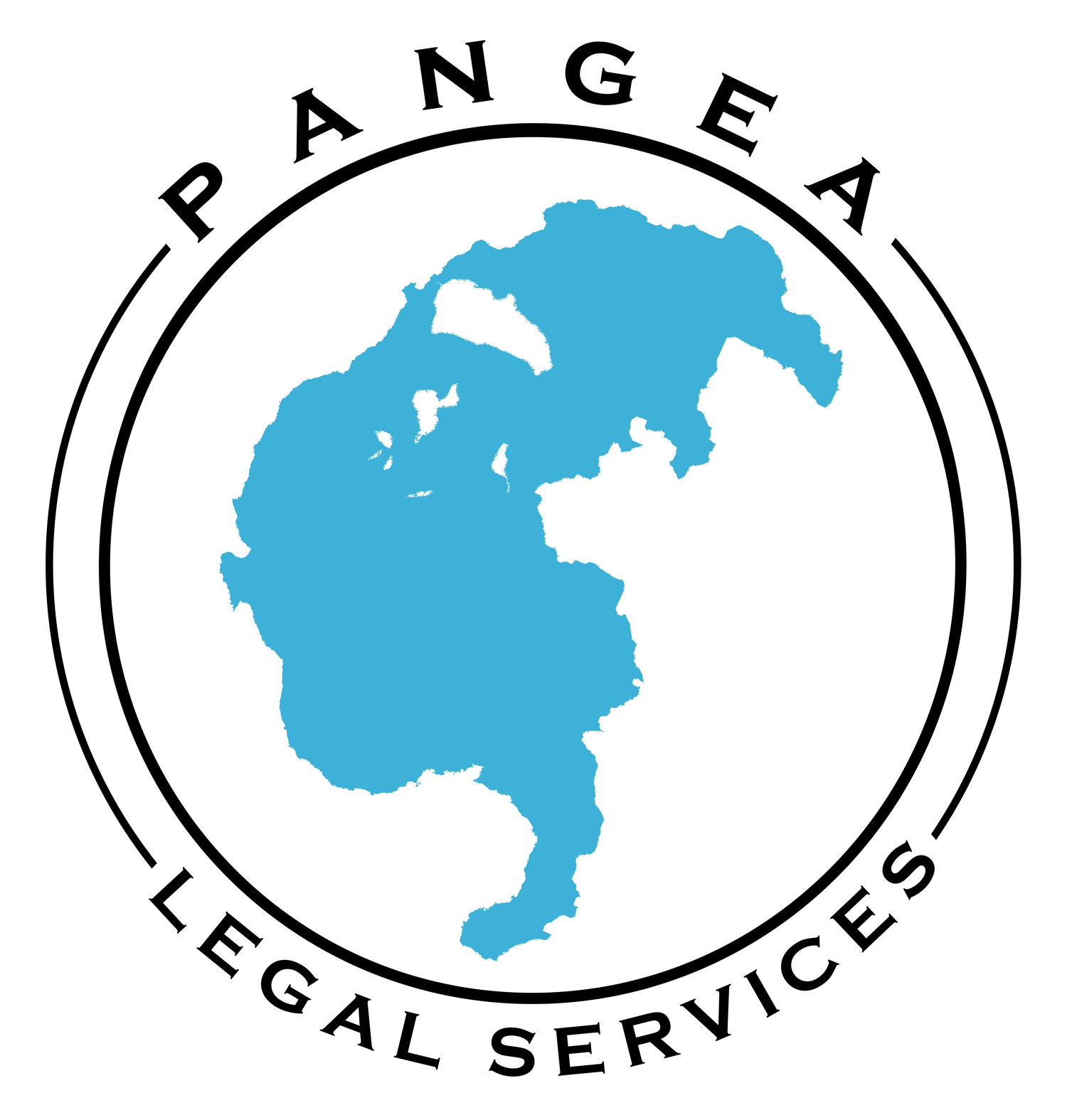Contact:
Trina Realmuto, 617-819-4447, trina@immigrationlitigation.org
Etan Newman, 415-652-0907, etan@pangealegal.org
Edwin Carmona-Cruz, 415-652-0663, edwin@pangealegal.org
For immediate release
USCIS Imposes New Obstacles to Family Reunification for Survivors of Persecution,
Document Released in FOIA Litigation Shows
San Francisco, CA – Today, Pangea Legal Services (Pangea) and the National Immigration Litigation Alliance (NILA) released a U.S. Citizenship and Immigration Services (USCIS) document revealing increased scrutiny of petitions to permit spouses and minor children of refugees or asylees to immigrate to the United States or, if already present, to legalize their immigration status. The document reflects an unannounced March 2019 change in agency policy regarding adjudication of these petitions, commonly known as I-730 petitions because they are filed on Form I-730. Among other procedural changes, it reveals that USCIS adjudicators must refer certain I-730 petitions to U.S. Immigration and Customs Enforcement (ICE) to decide whether to pursue enforcement action against the beneficiary before USCIS will adjudicate the family reunification petition. As a result, some I-730 petitions have been lingering for years. The document further indicates that USCIS adjudicators will ask beneficiaries to release confidential information from their asylum applications, which the adjudicators will then use to deny I-730 petitions.
“Approval of I-730 petitions are crucial in allowing our clients who suffered persecution and were granted asylum to remain in the United States with their families,” said Etan Newman, Immigration Attorney and Co-Director at Pangea. “Yet several of our clients have been waiting on a decision by USCIS for years. We now know that the Trump Administration’s singular focus on deportation and family separation is the likely culprit. Even when ICE takes no action, our clients remain stuck in indefinite bureaucratic limbo.”
“USCIS’ policy not only raises serious concerns regarding its ability to safeguard protected information but also explains the extraordinarily lengthy delays in I-730 adjudications that Pangea and other legal service providers have been reporting,” said Trina Realmuto, Executive Director of NILA. “USCIS should have made this policy change public when it was adopted so that Pangea and others could advise petitioning families accordingly.”
The internal agency document was released in litigation filed in federal district court in San Francisco by NILA and Pangea under the Freedom of Information Act after USCIS failed to respond to Pangea’s inquiries about the policy. The internal document does not identify which USCIS component or entity issued it, and the agency has yet to provide any information about authorship.
A copy of the guidance document is available here.
A copy of the complaint is available here.
###
The National Immigration Litigation Alliance (NILA) is a non-profit organization that seeks to realize systemic change in the immigrants’ rights arena through federal court litigation. NILA engages in impact litigation to extend the rights of noncitizens and to eliminate systemic obstacles they or their counsel routinely face. In addition, NILA builds the capacity of social justice attorneys to litigate in federal court by co-counseling individual federal court cases and by providing strategic advice and assistance to its members.
Pangea Legal Services (Pangea) is a non-profit organization that provides low-cost and free legal services to immigrants in removal proceedings. In addition to direct legal services, Pangea also advocates on behalf of the immigrant community through policy advocacy, education, and legal empowerment efforts. Pangea envisions a world where the fundamental right to move is respected and appreciated by all.

